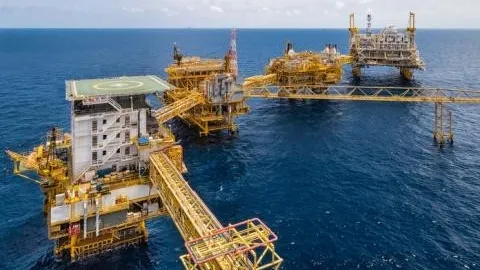
Thailand gas imports from Myanmar drop to 15% in 2021: report
This was driven by the political and social unrest in Myanmar.
Thailand’s natural gas imports from Myanmar dropped to 15% from 17% between 2017 and 2021 amidst the ongoing political situation and civil unrest in the latter.
In a report, Fitch Solutions noted the developments in Myanmar have not only affected investors' sentiments but also prompted foreign-owned businesses to pull out of their operations.
Oil giant Total had earlier announced its exit plans from the Yadana gas field, whilst Chevron is reviewing plans for exiting the market. This will leave the PTTEP to take over as the operator of Yadana, which accounts for 11% of Thailand’s natural gas.
“This will put a strain on PTTEP’s resources to maintain a steady supply of natural gas back to Thailand,” the report read in part.
The PTTEP also owns an 80% share in the Zawtika gas field, which contributes 6% of Thailand’s natural gas.
“With these developments in Myanmar, Thailand’s major supplier of natural gas, we expect downside risks to Thailand’s gas supply, and consequently gas power generation.”
In the same report, Fitch added that the decline in domestic gas supply exposes Thailand’s gas power sector to more international gas imports. This also makes it more vulnerable to supply challenges.
“In April 2022, PTTEP took over operations of the Erawan gas field in Thailand, after outbidding Chevron in 2019,” Fitch reported.
“The handing over means that PTTEP will face further strain in resources to operate domestic gas fields on top of the ones they are operating in Myanmar.”
Production from the Erawan gas field decreased by more than 50% in February 2022 from a year ago. Between January to March 2022, the market has increased purchases of liquified natural gas by 3%.
“A dipping domestic gas supply coupled with increasing exposure to the surging gas prices in the international market will present further challenges to Thailand’s gas power sector’s ability to obtain affordable and steady supplies of natural gas for electricity generation,” Fitch said.
Fitch expected that demand for natural gas will continue to climb, which, if unmet, could drive Thailand to tap into other power sectors.
It also projected gas to remain the main power generation type in Thailand, growing at an annual average rate of 2% from 113.9 terawatt-hours (TWh) in end-2021 to 138.5TWh in 2031.

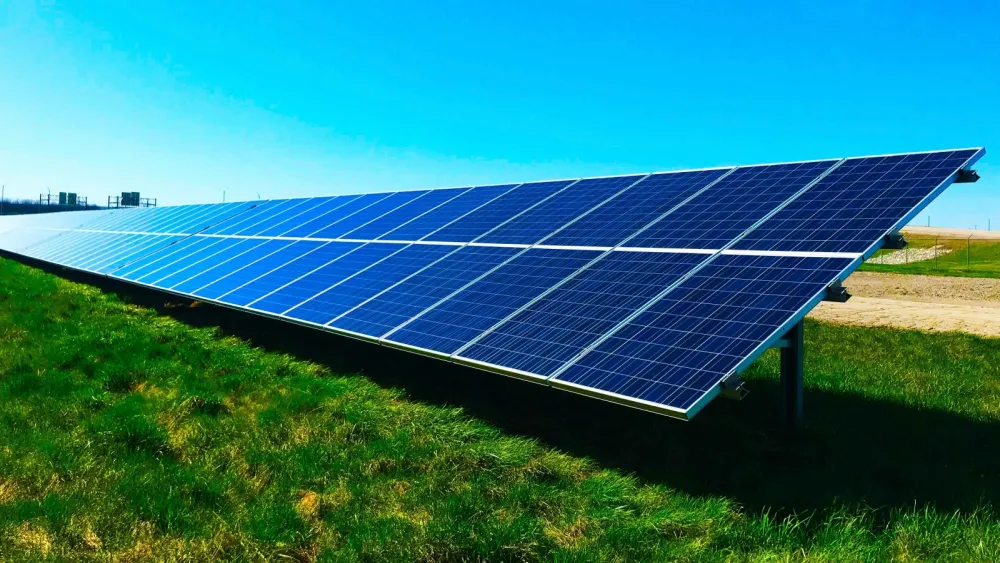

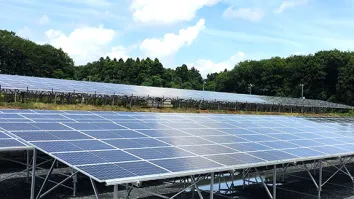
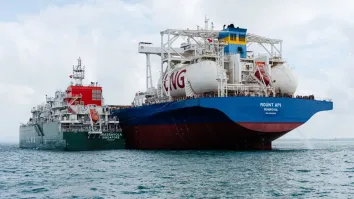
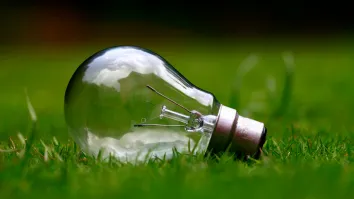













 Advertise
Advertise







